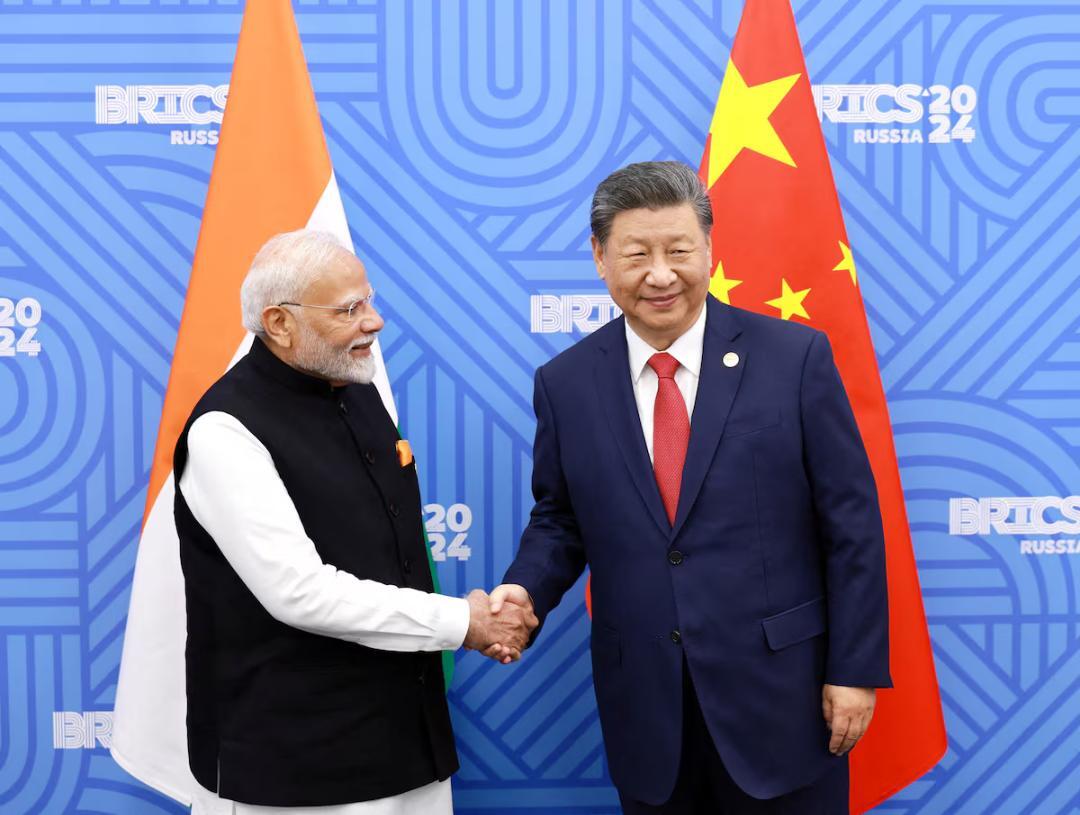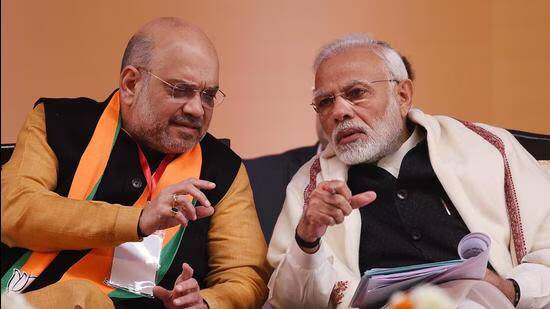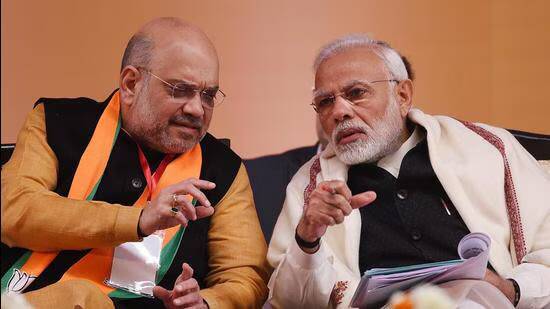
NITI Aayog panel suggests rolling back curbs on China FDI: Report
In a significant development, a high-level committee led by NITI Aayog member Rajiv Gauba has proposed removing existing restrictions on Chinese investments or adopting a calibrated easing of the curbs. According to a report by Business Standard, the committee has recommended that the government reach a final decision on this matter by December 31. The proposal suggests either withdrawing Press Note 3 or allowing investments where beneficial ownership is below a specified threshold.
The move is seen as a significant shift in the government’s stance on Chinese investments, which have been subject to stringent regulations since April 2020. The restrictions were imposed amidst rising tensions between India and China, and were aimed at preventing “opportunistic” takeovers of Indian companies by Chinese entities. However, the restrictions have also been criticized for hindering the flow of foreign investment into the country, particularly in sectors such as technology and infrastructure.
The committee’s proposal is based on the premise that the current restrictions are too broad and are hurting Indian businesses that are seeking to attract foreign investment. By allowing Chinese investments with beneficial ownership below a certain threshold, the government can encourage the flow of foreign capital into the country while still maintaining some level of control over sensitive sectors.
The proposal has been welcomed by industry experts, who believe that it can help to boost foreign investment in India and promote economic growth. “The current restrictions on Chinese investments have been a major deterrent for foreign investors, and have hindered the growth of Indian companies,” said an industry expert. “By easing these restrictions, the government can send a positive signal to foreign investors and encourage them to invest in India.”
However, not everyone is convinced that rolling back the restrictions on Chinese investments is a good idea. Some experts believe that the move could pose a risk to national security, particularly in sectors such as technology and infrastructure. “The current restrictions on Chinese investments are in place for a reason,” said a security expert. “By easing these restrictions, the government could be opening up the country to potential security risks, particularly in sensitive sectors.”
The government’s decision on the matter is expected to be closely watched by industry experts and foreign investors. If the restrictions are rolled back, it could have significant implications for the Indian economy, particularly in terms of foreign investment and economic growth. On the other hand, if the restrictions are maintained, it could send a negative signal to foreign investors and hinder the growth of Indian companies.
In recent years, India has been seeking to attract more foreign investment, particularly in sectors such as technology and infrastructure. The government has launched several initiatives aimed at promoting foreign investment, including the “Make in India” program and the “Start-Up India” initiative. However, the restrictions on Chinese investments have been a major hurdle for foreign investors, and have hindered the growth of Indian companies.
The committee’s proposal is seen as a positive step towards addressing this issue and promoting foreign investment in India. By easing the restrictions on Chinese investments, the government can encourage the flow of foreign capital into the country and promote economic growth. However, the move also poses some risks, particularly in terms of national security, and the government will need to carefully consider these risks before making a final decision.
In conclusion, the proposal by the NITI Aayog panel to roll back the curbs on Chinese FDI is a significant development that could have major implications for the Indian economy. While the move is seen as a positive step towards promoting foreign investment and economic growth, it also poses some risks, particularly in terms of national security. The government’s decision on the matter is expected to be closely watched by industry experts and foreign investors, and will be a key factor in determining the future of foreign investment in India.






